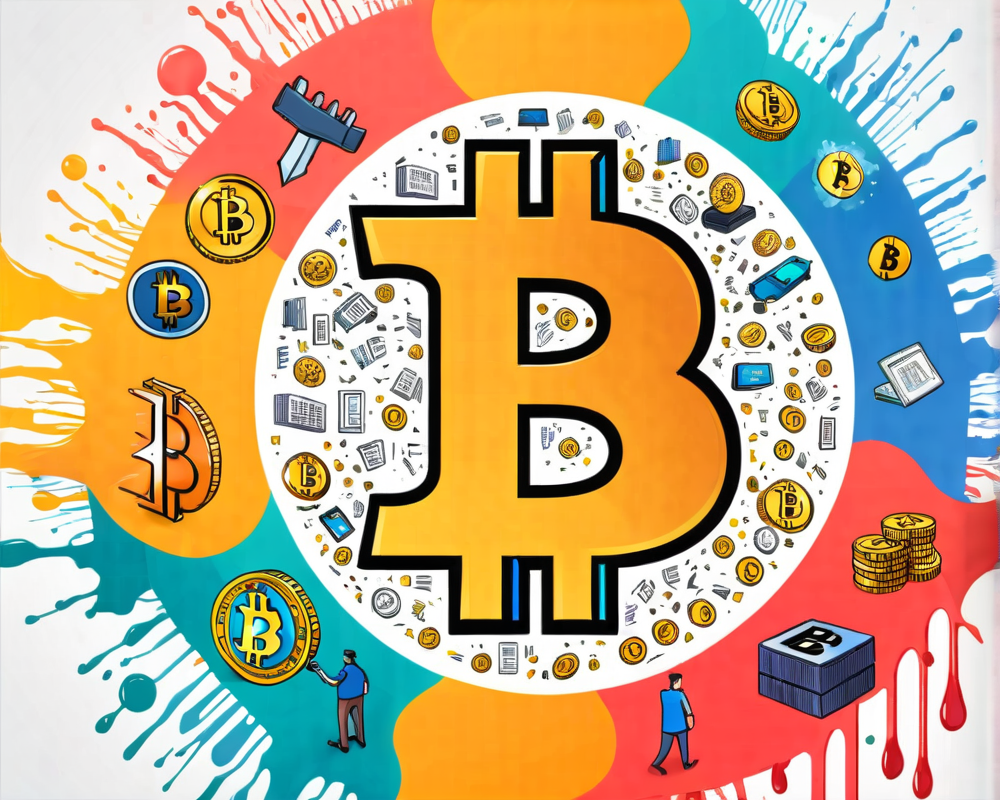Absence of Trust: The Current State of Global Elections
It’s no secret that allegations of vote rigging are making headlines across the globe, from the United States to Uganda and everywhere in between. In some instances, these claims are based on legitimate actions by leaders aiming to hold on to power. Meanwhile, others are fueled by fabricated videos circulated online, showing imaginary ballot paper dumps as if they were happening on every street corner. One thing is clear, though: whether factual or not, even a whisper of vote tampering can fracture communities faster than a piñata at a birthday party.
Blockchain to the Rescue: A New Hope
As we scramble for solutions to restore faith in democracy, many have their eyes glued to blockchain technology as a possible savior. This nifty tool can provide an unalterable record of votes, which, if properly implemented, could amp up the efficiency and integrity of the electoral process. Proponents argue that if you can see the transparency of the results, you might just feel more willing to trust the system. But, you can’t just slap a blockchain sticker on the voting process and call it a day.
Rethinking Implementation
The pressing question is: how exactly should we incorporate blockchain into the voting system? Should top-secret ballots be punched in via computers, or should this tech step in only when results are being verified? A few companies, such as Votem and Voatz, tried to tackle this problem but have often stumbled through the maze of technological adoption and security glitches.
Challenging the Assumptions
Some voices in academia are skeptical. A study from the Massachusetts Institute of Technology declared that the claims of blockchain increasing election security were more fantasy than fact. They pointed out that marching into online voting systems would open the door to a whole new level of vulnerabilities, including malware threats and denial-of-service attacks. Surprisingly, old-school paper and pen have some advantages: they can’t be hacked and provide a tactile reminder of your vote!
Blockchains for Audits: Is That Even Possible?
However, let’s not toss blockchain out with the bathwater just yet. Free TON is experimenting with a vision that shifts the focus away from voting systems themselves and directs it towards a technology that enhances the post-vote experience. Picture it as the world’s most secure audit trail where anyone—yes, anyone—can verify election counts without needing a PhD in computer science. This tamper-proof technology is aiming to create crowdsourced audits, making the election process feel a little less like a black box and a little more like a sunny day in the park.
Addressing the Need for Trust
Luca Patrick, the innovative mind behind a Free TON project, proposed a more fluid approach where results can be verified and audited without overhauling existing systems. Simply put, there’s no need to reinvent democracy; instead, we can add a fresh layer of transparency through blockchain technology. In countries like Guatemala, trust in elections is so low that innovations like this could prevent potential violence and unrest as officials scramble to publish their results.
As pending elections loom over nations from Latin America to various corners of the globe, it’s becoming increasingly clear: less trust can lead to more chaos. Tech-savvy solutions might just be the key to mending broken systems and restoring faith in democracy—so long as we play our cards right.




